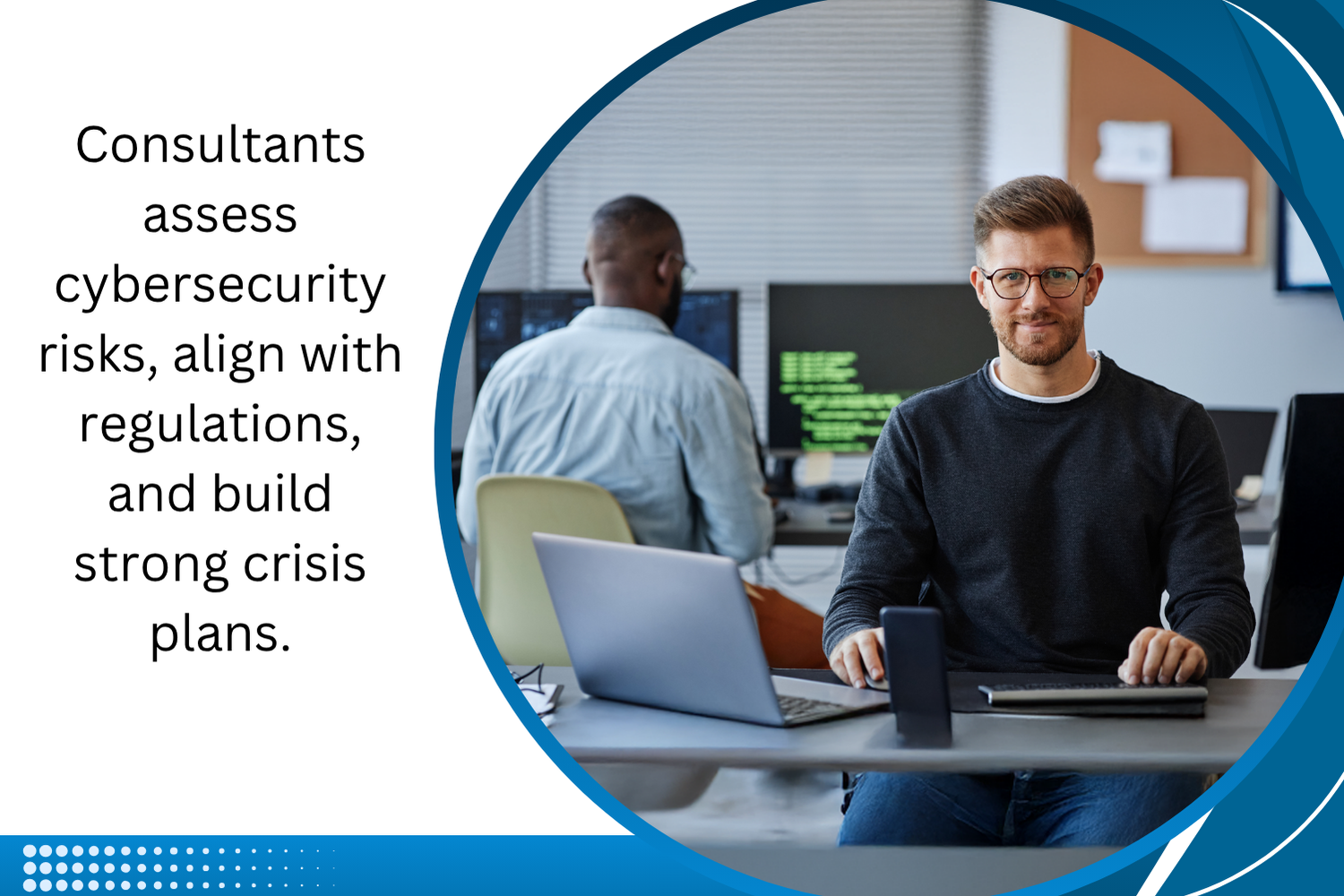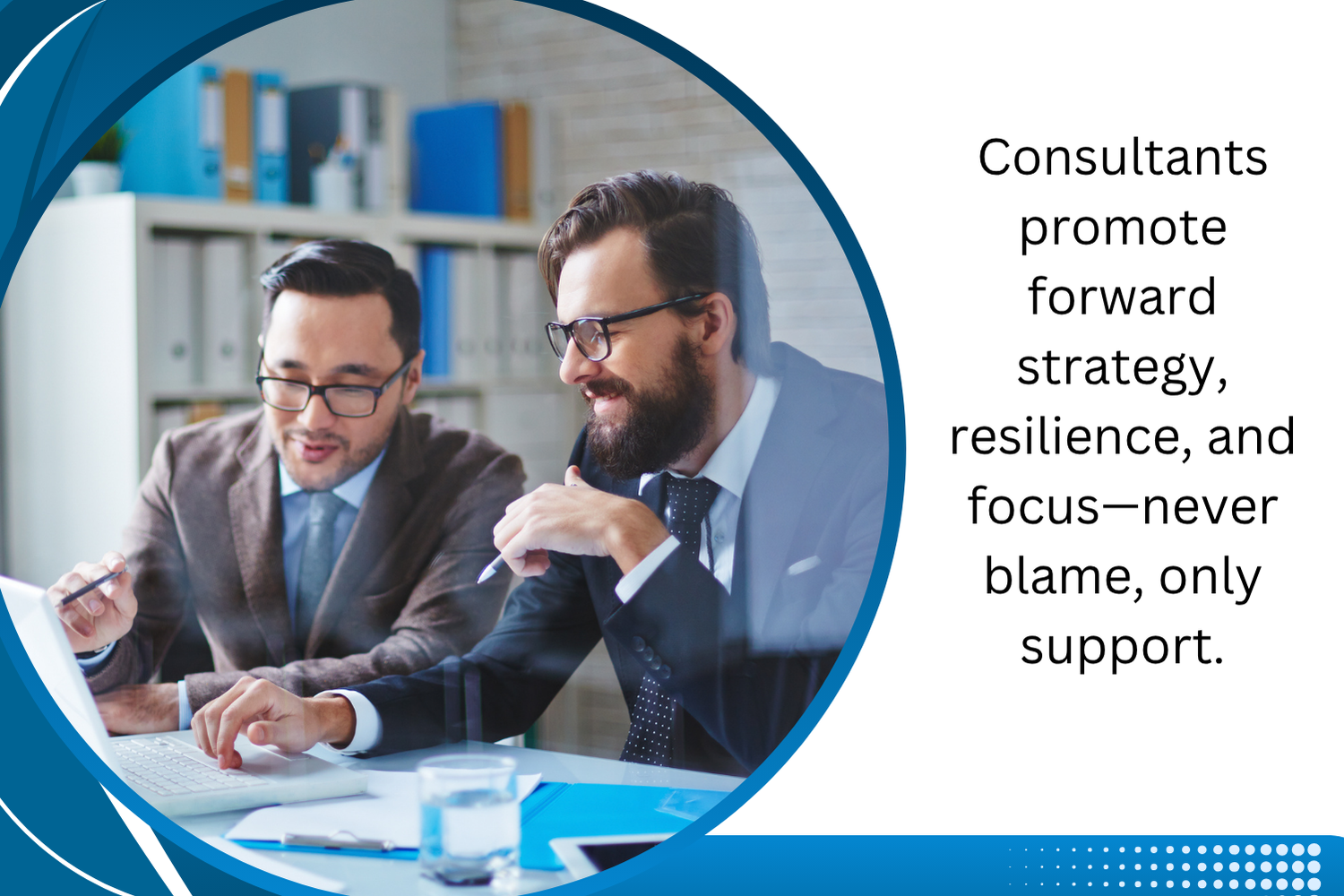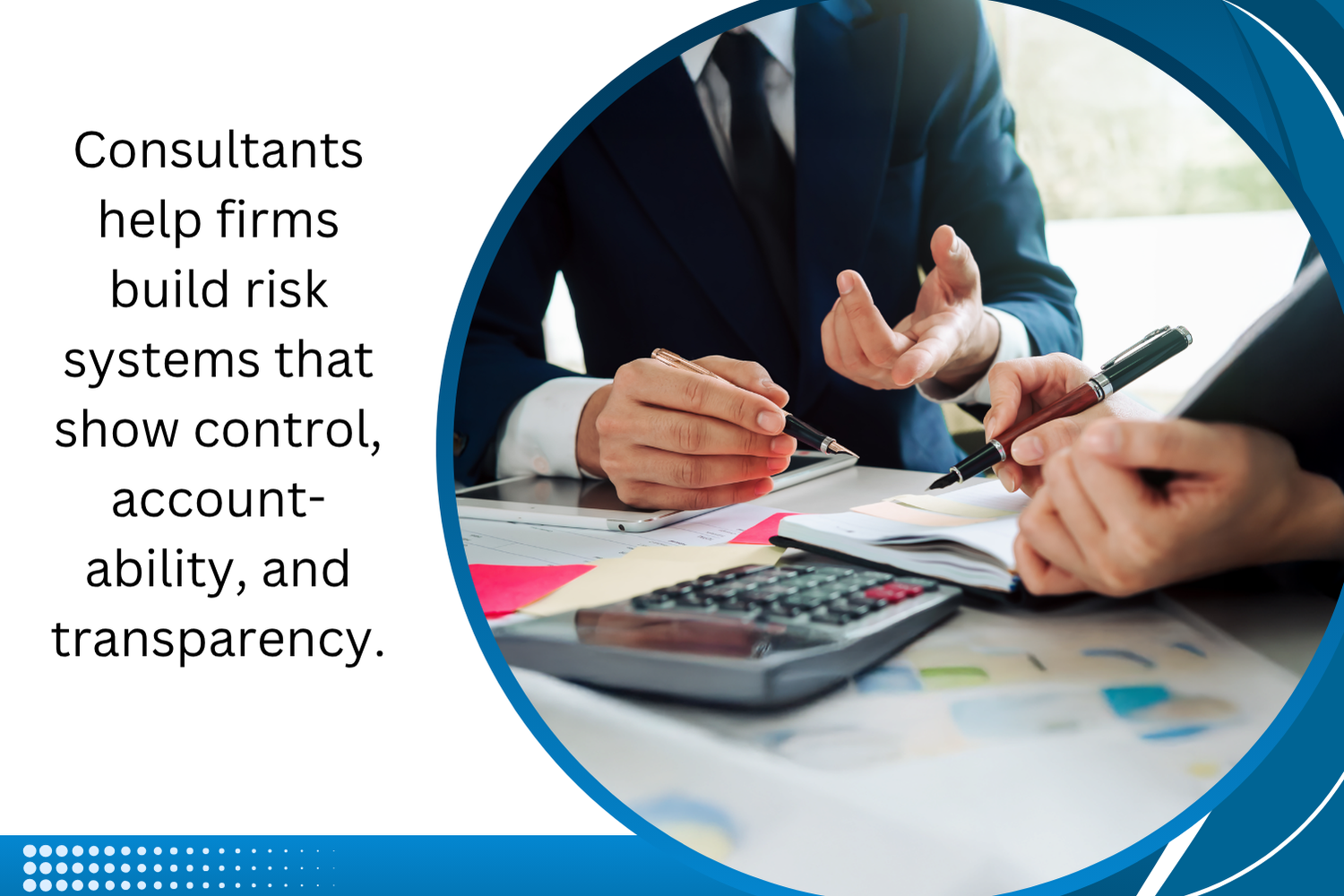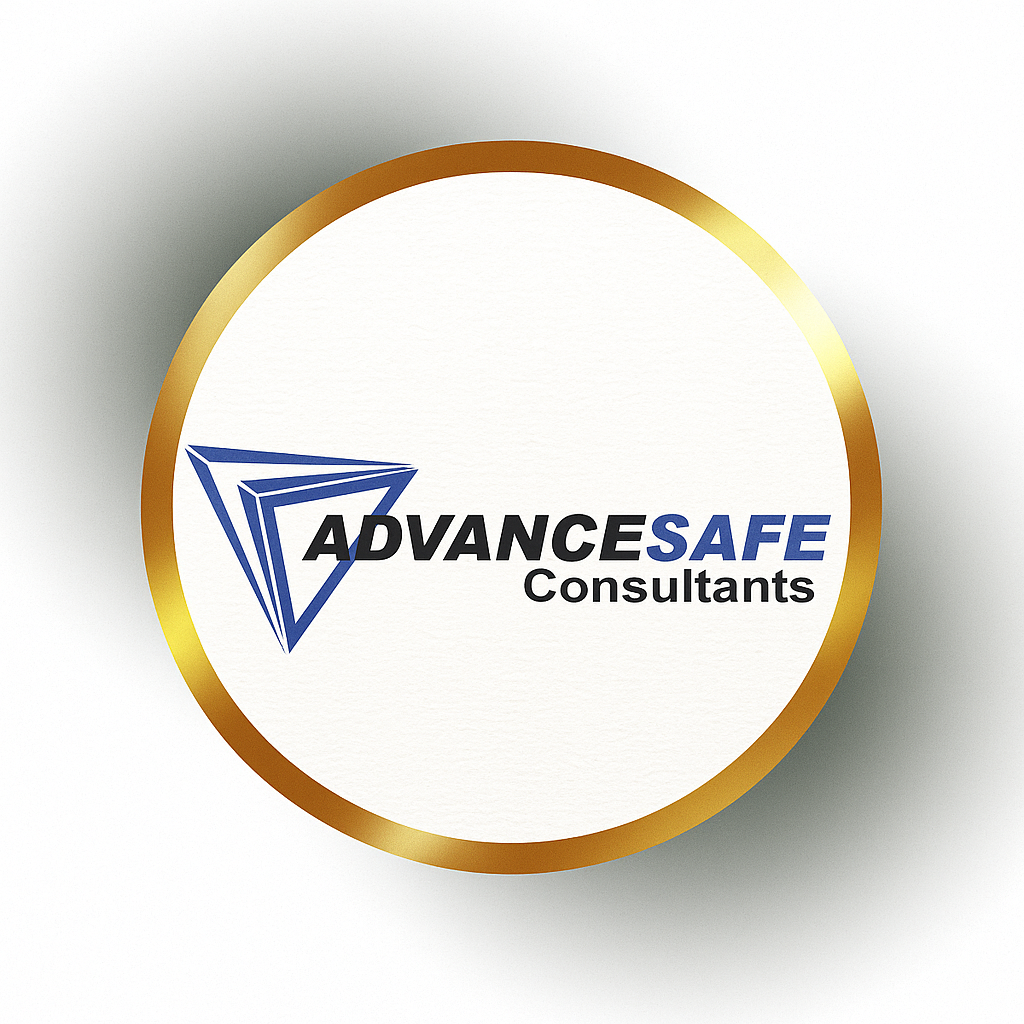10 Best Risk Management Consulting Firms in Singapore for SMEs, MNCs, and Regulated Industries
From navigating regulatory requirements to planning for disruptions, businesses today face mounting pressure from all sides. Industries like finance, tech, logistics, and NGOs are particularly vulnerable to compliance burdens, digital threats, and operational instability. For SMEs in regulated industries, these challenges are compounded by limited resources.
That’s where business risk consulting becomes invaluable. Whether it’s a robust risk assessment or a full enterprise risk management (ERM) framework, risk consultants offer tailored solutions that reduce complexity and build resilience. Hiring a consultant isn’t just for large corporations—it’s a forward-thinking strategy that helps companies stay agile, compliant, and confident in a volatile environment.
Turn uncertainty into strategy. Discover expert business management consultants on Becozon and get tailored support for risk, compliance, and sustainable business performance.
From Risk to Resilience: What Consultants Do and Why It Matters for Business Success in Singapore
Doing business in Singapore is more complex than ever. From meeting Monetary Authority of Singapore (MAS) guidelines to managing vendor exposures in construction and real estate, companies must navigate a landscape of growing risks. Enterprise Singapore has also emphasized the need for strong governance frameworks, especially for SMEs seeking sustainable growth.
Risk management consultants are professionals who specialize in identifying, assessing, and mitigating threats—be they financial, operational, or reputational. For instance, an SME expanding into cross-border e-commerce might engage a consultant to perform a risk assessment, align with enterprise risk management standards, and ensure regulatory compliance. In a fast-moving economy, these experts are no longer optional, they’re essential to making informed decisions and safeguarding business continuity.

What Risk Management Consultants Actually Do (And Why It’s Not Just Paperwork)
Risk management consultants are more than compliance checkers. They serve as strategic advisors, operational analysts, and resilience architects, bringing clarity, structure, and foresight to help businesses manage uncertainty and unlock potential.
Risk Identification: The First Step Toward Control
Every engagement begins with risk identification: a critical step in uncovering where a business is most exposed. Consultants use interviews, process walkthroughs, and data audits to surface issues such as cybersecurity risk, operational risk, and financial vulnerabilities. They often apply scenario analysis to explore how various disruptions might unfold, from supply chain delays to data breaches. Increasingly, firms also rely on predictive analytics to anticipate risks before they occur, turning raw data into actionable foresight and laying the groundwork for strategic response.
Strategic Risk Assessment and Prioritization
Once risks are identified, the next step is a structured risk assessment that weighs each threat based on likelihood, potential impact, and urgency. Consultants use this analysis to prioritize issues according to the company’s risk tolerance. Whether it’s a long-term strategic risk like entering a volatile market or a fast-moving cyber risk affecting data security, this stage translates uncertainty into clear focus. Prioritization ensures resources are allocated where they matter most.
Systems and Structure: Building Enterprise-Grade Foundations
Consultants then guide businesses through reinforcing their systems to withstand pressure and uncertainty. Using business risk consulting as a foundation, they help implement practical structures such as:
- Internal controls: Policies and procedures that safeguard assets, reduce errors, and improve accountability.
- Enterprise risk management: A holistic approach that integrates risk into everyday decision-making.
- Risk mitigation strategies: Tailored plans to reduce the likelihood and impact of identified threats.
- Internal audit services: Independent reviews that ensure processes are effective and aligned with objectives.
- Third-party risk assessments: Evaluations of vendors, partners, and suppliers to detect external vulnerabilities.
- Compliance consulting and regulatory consulting: Expert support to meet industry-specific laws, such as those in finance or healthcare.
Advisory Services That Align Risk With Opportunity
Consultants leverage business risk consulting to help SMEs align risk with opportunity in a proactive, growth-oriented way. They conduct a comprehensive risk assessment that highlights potential gains (such as entering new markets or launching new services) against areas that require vigilance. In Singapore, engaging specialists in risk advisory services may cost between S$5,000 and S$30,000 for a full review, or S$100 to S$350 per hour. This ensures risk is not just managed but used as a strategic asset for smarter decisions and sustainable growth.

The Hidden Risks Most SMEs Don’t See—Until It’s Too Late
Many SMEs operate with agility and ambition, but that same speed can blind them to critical vulnerabilities. Without structured risk assessment and continuity planning, one disruption can undo years of progress.
Operational Blind Spots
Most SMEs don’t realize how much operational risk they face until a key process breaks down, such as a sudden resignation, a missed delivery, or a system failure. These disruptions often emerge slowly and can be overlooked without structured evaluation. A thorough risk assessment brings these vulnerabilities to light, helping businesses prepare before issues escalate. By integrating these findings into business continuity planning, SMEs can build safeguards that protect against daily disruptions and ensure smoother recovery when setbacks occur.
Fragile Supply Chains
If a key supplier fails or cross-border shipments are delayed, many SMEs find themselves unable to deliver on time. These disruptions reveal just how fragile some supply chains can be. Without proper planning, a single weak link can halt operations. Risk consultants help businesses identify these vulnerabilities and develop risk mitigation strategies such as sourcing alternatives, adjusting inventory buffers, or renegotiating contract terms, ensuring that supply chain issues do not escalate into business-wide crises.
The Cyber and Reputation Threat Loop
A single cyber incident can trigger a chain reaction: data loss, regulatory penalties, and damaged trust. For SMEs without robust IT defenses, cybersecurity risk can quickly escalate into a serious reputational risk. Under Singapore’s Cybersecurity Act, businesses have a legal duty to protect critical information infrastructure. Consultants help organizations assess their cybersecurity risk, align with regulatory requirements, and establish effective crisis management plans. By understanding your risk tolerance, you can implement the right safeguards to protect both digital assets and brand credibility.
Misaligned Strategies and Missed Recoveries
Some threats aren’t sudden—they creep in over time. A company might overinvest in a declining market, misjudge customer demand, or delay digital upgrades. These are examples of strategic risk that can stall growth or drain resources. Without clear risk tolerance thresholds and structured business continuity planning, recovery becomes difficult. For instance, a healthcare SME launching new clinics without a backup staffing plan may struggle during a flu outbreak. Proactive risk management and strong crisis management protocols ensure strategies stay grounded and adaptable when conditions change.

Industry Spotlights: How Risk Consultants Add Value Across Sectors
Risk management isn’t one-size-fits-all. Different industries in Singapore face different threats—and risk consultants bring industry-specific insight to help organizations stay compliant, protected, and prepared.
Healthcare Organizations: Guarding Data, Lives, and Reputation
For healthcare organizations, the stakes go beyond compliance—they involve lives, trust, and long-term credibility. Risk consultants offer internal audit services to evaluate workflows and support compliance consulting for sector-specific standards. They also advise on data protection policies to reduce liability. For instance, a clinic expanding its telemedicine services may need guidance to ensure safe, compliant scaling.
Technology & Finance: Defending Against Digital Disruption
In tech and financial sectors, cybersecurity risk and data protection are top concerns. Consultants help firms align with MAS Technology Risk Management (TRM) guidelines, conduct risk assessments, and strengthen internal systems. They also advise on emerging ESG reporting requirements, ensuring companies stay competitive while meeting investor, regulatory, and stakeholder expectations in a fast-evolving landscape.
Manufacturing & Logistics: Strengthening the Supply Chain
In manufacturing and logistics, even small delays can lead to major losses. Risk consultants address operational risk by implementing a robust Business Continuity Management (BCM) framework that keeps essential functions running during disruptions. They support business continuity planning, design practical risk mitigation strategies, and ensure processes meet regulatory compliance standards. This enables businesses to respond quickly to challenges while maintaining service and protecting long-term operations.
Multinational Corporations: Aligning Global and Local Risk
MNCs in Singapore must balance cross-border strategies with local regulations. Consultants support risk identification and help align internal policies with the MAS Risk Governance Guidelines and the Companies Act. This ensures compliance while maintaining consistency across global operations and strengthening overall risk governance.
Public Sector & GLCs: Future-Proofing in a Shifting Landscape
Government-linked companies (GLCs) and public agencies must navigate complex mandates, evolving regulations, and high public expectations. Consultants support these organisations by strengthening internal controls, enhancing governance practices, and aligning risk frameworks with Singapore Exchange (SGX) guidelines, where applicable. Through strategic risk identification and operational clarity, they help ensure long-term stability and accountability in a rapidly changing environment.

Why Hiring a Consultant Is Smarter Than Building a Full Risk Team
For many SMEs, building an in-house risk team can feel out of reach: too expensive, too time-consuming, and too difficult to scale. That’s where outsourced risk management offers a compelling alternative. By working with consultants, businesses gain access to expert guidance without the heavy overhead of permanent hires.
Cost-Efficient Expertise On Demand
Hiring full-time risk professionals can quickly stretch an SME’s budget, especially when multiple skill sets are needed. Consultants offer a flexible alternative, delivering high-level support without the overhead of permanent staff. From short-term projects to ongoing advisory, the model scales with your needs. Businesses benefit from expert insights without paying for onboarding, training, or long-term salaries, unlocking significant cost savings while still receiving specialised guidance that matches the depth and quality of an internal risk team.
Comprehensive Services Without the Complexity
Risk consultants offer a wide spectrum of expertise without the burden of managing multiple in-house roles. Their services often include compliance consulting, risk advisory services, enterprise risk management, and internal audit services, all delivered through a single point of contact. This streamlined approach helps SMEs reduce administrative overhead while gaining access to specialised knowledge. Instead of juggling fragmented efforts, businesses benefit from cohesive strategies that address both immediate needs and long-term risks—making it easier to stay focused on core operations while staying protected.
Tailored Risk Planning Based on Your Tolerance
Consultants don’t just apply one-size-fits-all solutions—they design strategies grounded in your business’s structure, goals, and capacity for uncertainty. They begin with a deep dive into your operations to understand key exposures. Whether addressing operational risk in a manufacturing plant or preparing for service disruptions in tech, their plans are built to fit your pace and priorities. The result is a focused approach to risk—practical, aligned, and ready to support long-term decision-making.
Smarter Mitigation, Greater Long-Term Value
Consultants do more than highlight vulnerabilities: they build systems that reduce risk exposure while supporting growth. Through expert risk mitigation strategies and ongoing risk advisory services, they help businesses avoid costly disruptions and uncover areas for improvement. The result is not just protection but measurable cost savings over time.
Examples include:
- Process optimization: Streamlining workflows to eliminate inefficiencies and reduce risk-prone bottlenecks.
- Control enhancements: Strengthening safeguards around finance, operations, and vendor management.
- Contingency planning: Creating backup strategies for critical functions to ensure continuity.
- Training and awareness: Equipping teams with tools to recognize and respond to risk more effectively.

Fresh Perspectives, Strategic Clarity: The Value of External Eyes
Sometimes, the biggest risks are the ones no one inside the organization wants to name. Risk consultants offer more than expertise: they bring objectivity, strategic distance, and the courage to challenge blind spots.
Objectivity That Cuts Through Internal Bias
Internal teams are often too close to daily operations to spot hidden risks or inefficiencies. Long-standing habits, interpersonal dynamics, and legacy processes can create blind spots that go unchallenged.
For example, a retail company may resist changing an outdated inventory system because senior staff are emotionally attached to it. Or a tech firm may downplay a known security gap to avoid disrupting product timelines.
External consultants bring fresh eyes and no internal loyalties. They ask the tough questions, evaluate assumptions, and identify areas for improvement without bias. This objectivity is essential for uncovering risks that insiders may unintentionally ignore or dismiss.
Strategic Alignment Without Emotional Baggage
Risk decisions often carry emotional weight, especially for founders and leadership teams who have invested years into building their business. Legacy strategies, sunk costs, and internal politics can cloud judgment and make it difficult to pivot when needed. They provide an external, impartial perspective that focuses on aligning business goals with actual risk exposure.
Consultants also help decision-makers step back from reactive thinking and evaluate trade-offs more clearly. By removing emotional attachment from the equation, consultants guide leaders toward decisions that prioritize long-term stability and value. Their role is not to criticize the past but to support a forward-looking mindset, one that connects strategy with resilience and keeps the business grounded during uncertainty.
Cross-Industry Insight That Sparks Innovation
Consultants draw from experience across diverse sectors to inject fresh thinking into strategy and operations. This is supported by a Deloitte report which found that organizations with leaders who possess cross‑industry experience are 32 percent more likely to be seen as innovative and forward‑thinking.
By applying practices from technology, manufacturing, finance, or healthcare, consultants help SMEs break out of industry silos, uncover novel solutions, and reconfigure processes. For example, methods used in software development like agile frameworks can improve responsiveness in logistics or finance. These external lenses not only spark creative problem‑solving but also help businesses build adaptive structures that thrive amid change.

The ROI of Preparedness: Risk Consulting as a Growth Enabler, Not Just a Safety Net
Risk consulting isn’t just about avoiding disaster: it’s about unlocking confidence, resilience, and long-term value. With the right partner, your business gains far more than protection. You gain momentum, clarity, and a future-proof foundation.
Turning Risk Tolerance Into a Strategic Asset
Understanding your company’s risk tolerance is not just about setting limits, it’s about making smarter decisions with clarity and confidence. Consultants help define and refine this threshold, aligning it with your business goals, capacity, and market environment. Whether you are exploring a new market, restructuring operations, or launching a product, knowing how much risk your business can absorb enables bold yet calculated moves. In this way, risk tolerance becomes a powerful tool for strategic growth.
Building Trust Through Compliance and Clarity
From regulatory compliance to internal governance, clear structures inspire stakeholder confidence and reinforce a company’s reputation. Consultants help businesses implement enterprise risk management systems that demonstrate transparency, accountability, and control. These frameworks signal to investors, partners, and regulators that the company takes its responsibilities seriously and is equipped to manage uncertainty.
Beyond meeting requirements, this clarity shows foresight and discipline, qualities that matter in high-stakes environments. When systems are well-documented and decision-making is traceable, businesses not only reduce exposure but also strengthen relationships built on trust and long-term credibility.
Resilience That Pays Off—Even in Uncertainty
Whether it’s climate risk, operational risk, or sudden market shifts, resilience is what keeps a business moving forward. Consultants help build systems that absorb shocks without compromising core functions. Their strategies combine clear planning with practical risk mitigation, from supply chain buffers to decision trees and backup protocols.
These efforts reduce downtime, protect customer trust, and limit financial losses. More importantly, they allow businesses to recover faster and take action confidently, even amid disruption. In uncertain times, resilience is no longer optional. It becomes a competitive edge that protects value, supports continuity, and strengthens long-term growth potential.
From Defensive Posture to Growth Enabler
Many SMEs view business risk consulting as a cost center. However, the truth is that the best consultants help unlock value beyond protection. By embracing proactive risk management, businesses can turn uncertainty into opportunity and gain an edge in decision-making. Consultants help businesses:
- Use predictive analytics – Spot patterns early to prevent disruption and identify emerging opportunities.
- Anticipate strategic risk – Prepare for shifts in markets, competition, or regulation before they impact growth.
- Strengthen stakeholder confidence – Show investors, partners, and regulators that your business is prepared and trustworthy.
- Refine business models – Align operations with smarter risk-reward strategies for long-term scalability.
This shift in mindset transforms risk from a defensive barrier into a strategic asset for sustainable growth.

What to Look for in a Risk Management Consultant (And What to Avoid)
Not all consultants deliver the same level of value. Choosing the right partner means knowing what expertise to prioritize, and which red flags to avoid.
Look for Breadth and Depth of Experience
A strong consultant offers more than buzzwords. They bring real-world expertise grounded in proven methodologies and diverse sector work. According to a report by the American Institute of CPAs (AICPA), only about 33% of organizations have fully implemented enterprise risk management, meaning consultants with deep ERM experience can fill a rare gap.
Additionally, professionals offering both compliance consulting and internal audit services provide dual assurance: they help you meet regulatory standards while continuously evaluating and improving internal controls. This combination ensures consistent oversight, governance alignment, and maturity. Seek firms with case studies across industries and a track record of integrating audits, compliance, and strategic risk frameworks into cohesive, actionable roadmaps.
Prioritize Customization and Strategic Alignment
Avoid consultants who use a one-size-fits-all approach. Effective risk advisory services begin with a tailored risk assessment that reflects your industry, business model, and operational complexity. Whether you're navigating climate risk, supply chain disruptions, or regulatory audits, your consultant should build solutions that align with your goals and capacity.
Generic checklists fall short in dynamic environments. Instead, look for partners who engage deeply, listen carefully, and design practical risk mitigation strategies that evolve with your business. Strategic alignment ensures that risk is not just managed reactively but integrated into long-term planning and daily decision-making.
Ensure They Understand Compliance and Growth, Not Just Protection
A strong risk consultant goes beyond identifying threats: they help you build a foundation for sustainable growth.
Look for advisors who balance compliance consulting with strategic foresight. They should understand how regulations shape your industry and how to turn that understanding into opportunity. For instance, consultants who specialize in enterprise risk management can help align your internal processes with both regulatory standards and business objectives.
This alignment ensures you're not just avoiding penalties but also creating systems that support innovation, expansion, and efficiency. A consultant focused solely on protection may slow you down. The right partner builds risk frameworks that promote agility, accountability, and resilience, positioning your business to thrive, not just survive.
Turn uncertainty into strategy with the right expert by your side. Explore Becozon’s trusted network of business management consultancy firms—specialists in risk management, compliance, enterprise resilience, and growth strategy. Whether you're navigating regulatory shifts, strengthening internal systems, or planning for expansion, the right consultant can make all the difference. Visit Becozon today and connect with professionals who turn risk into opportunity.
Latest Becozon Offer
Boost your business with these exclusive deals by our esteemed Becozon partners
Looking for a CRM software?
Get customisable, cloud-based sales and operations CRM software suitable for any industry. Contact us for a demo today!
Contact Us




